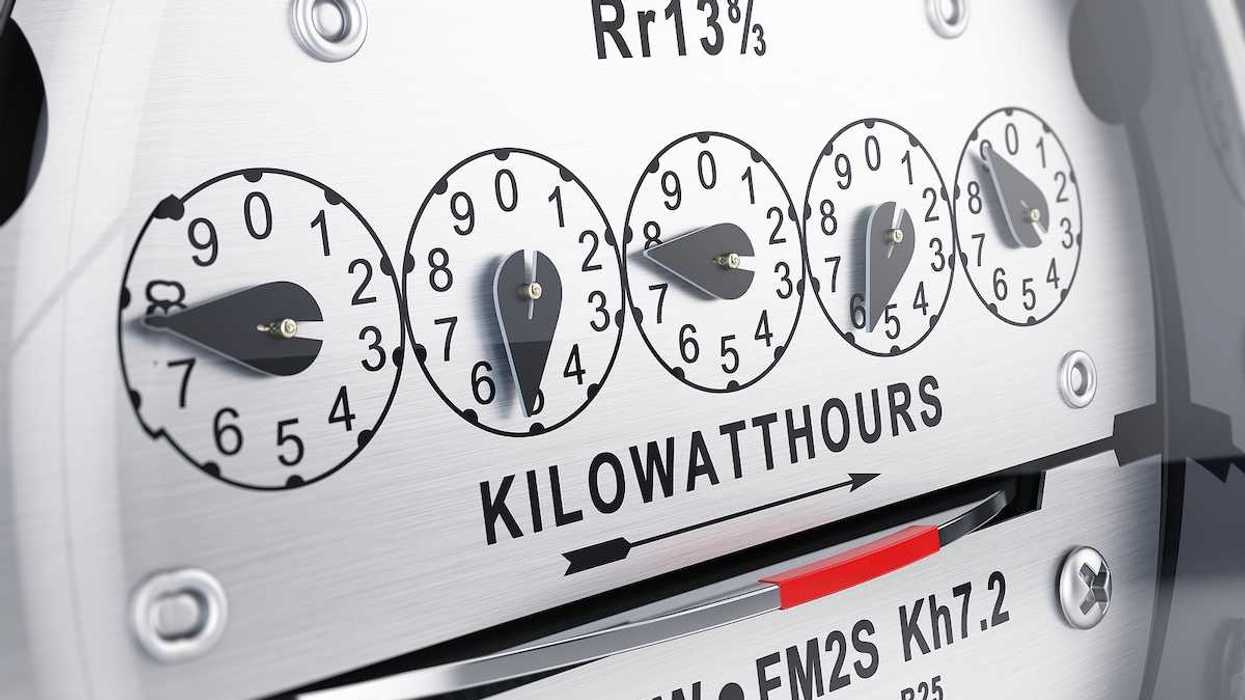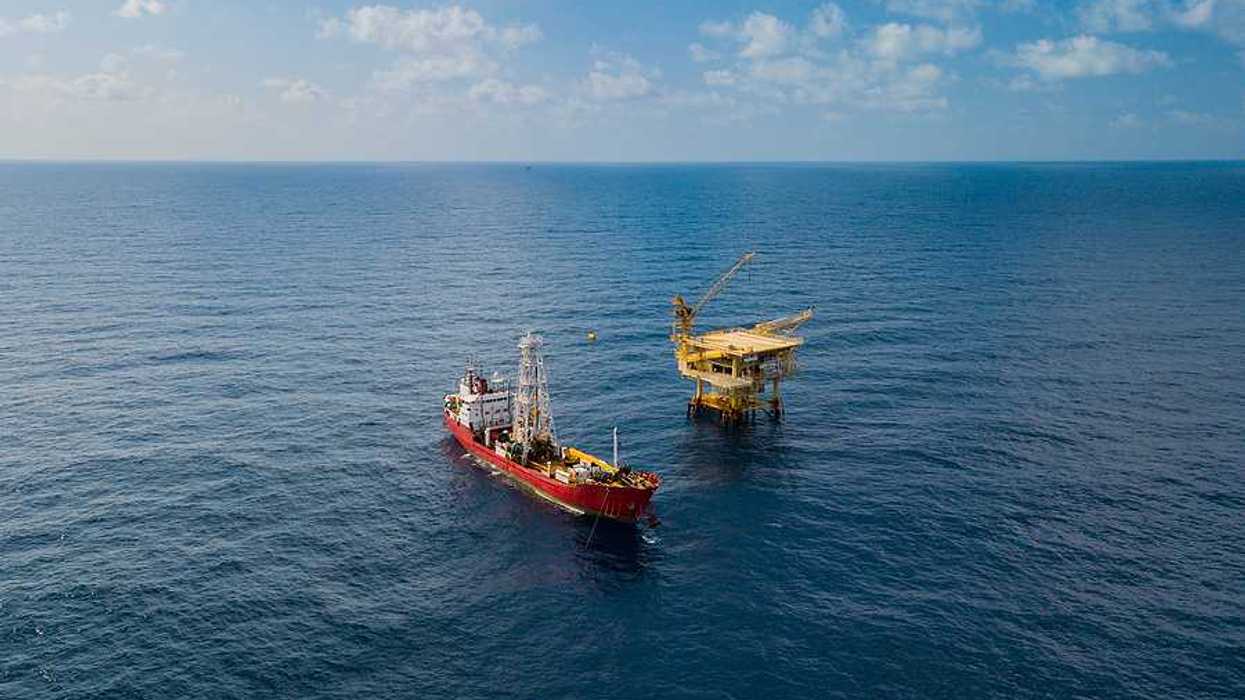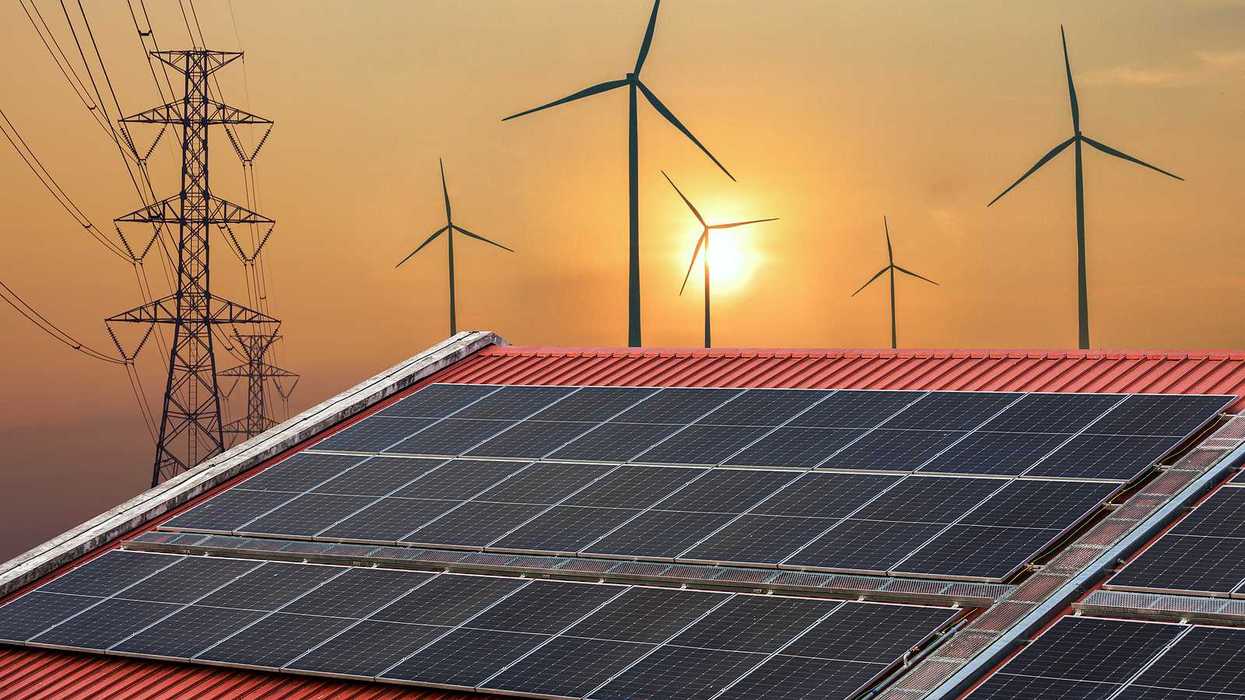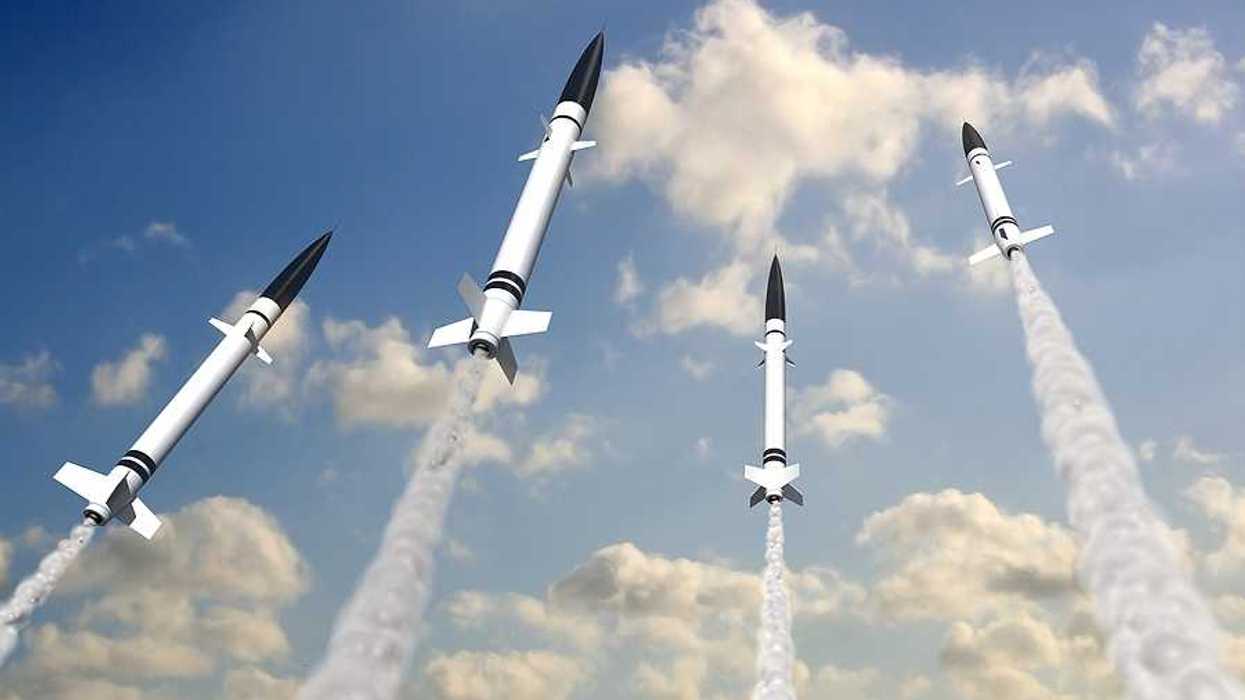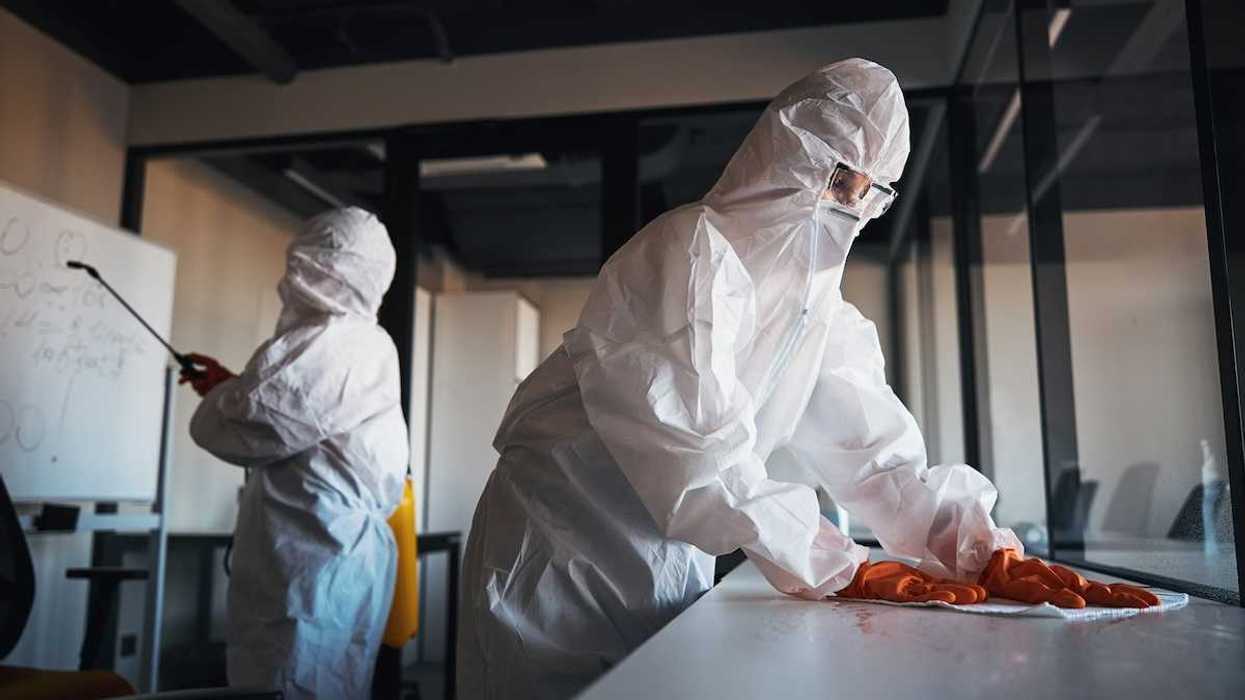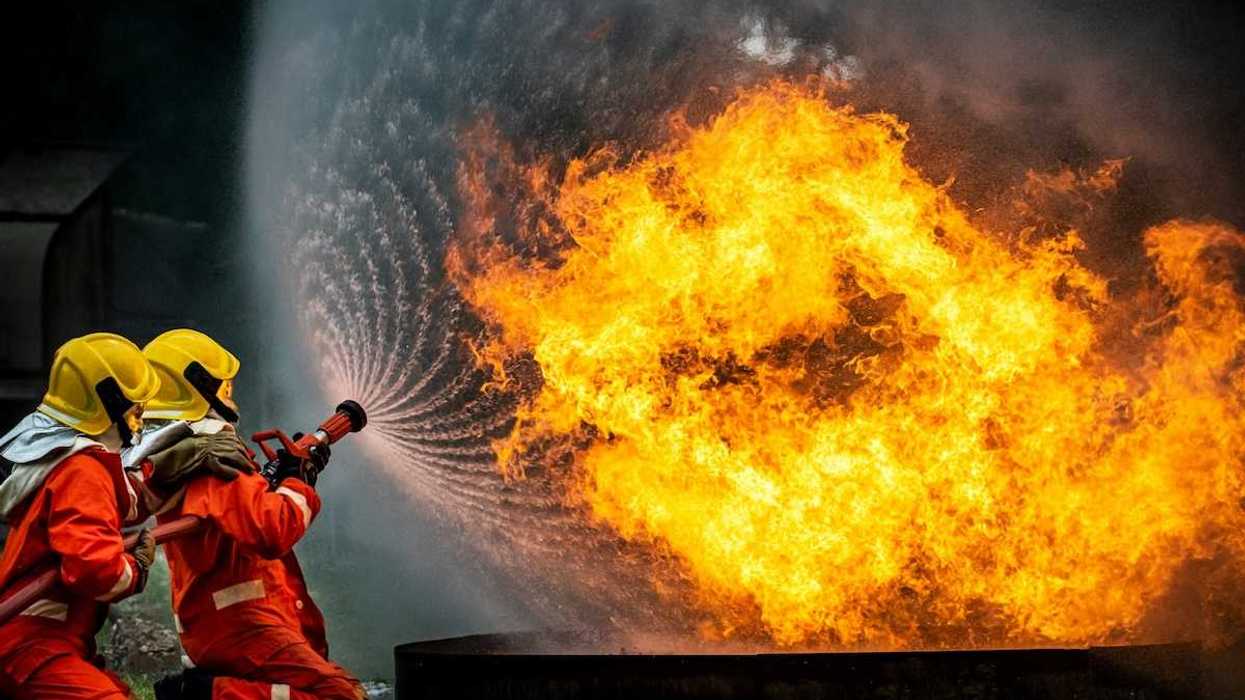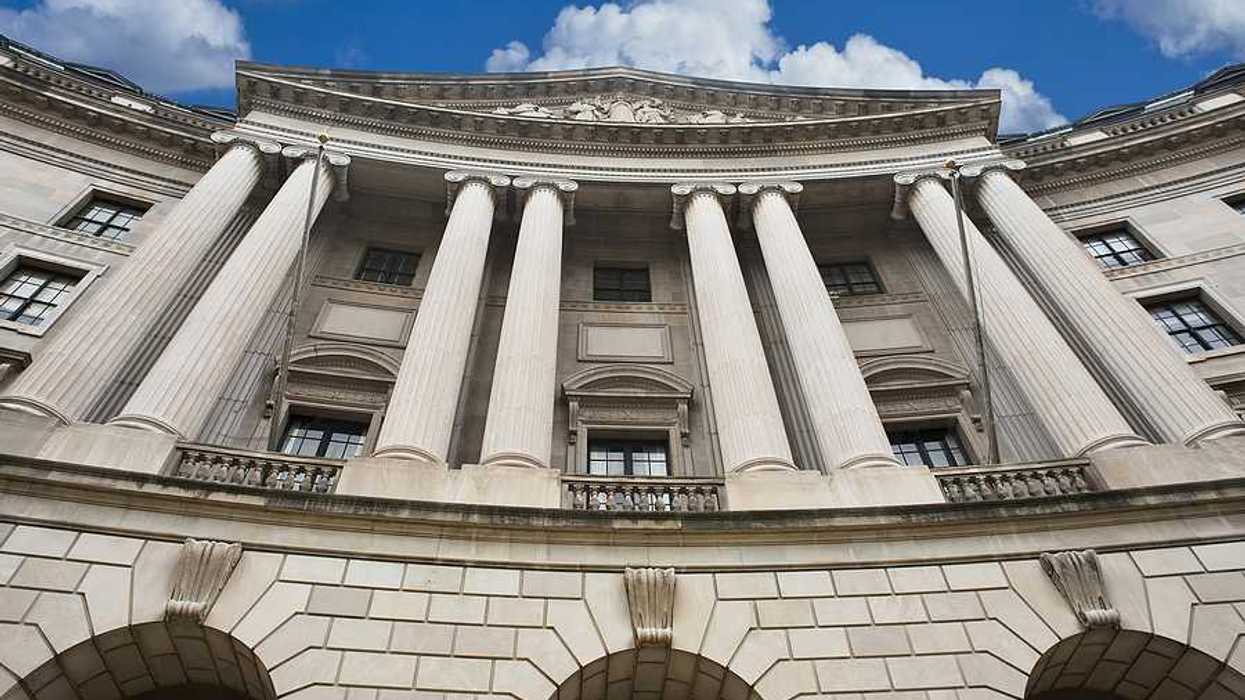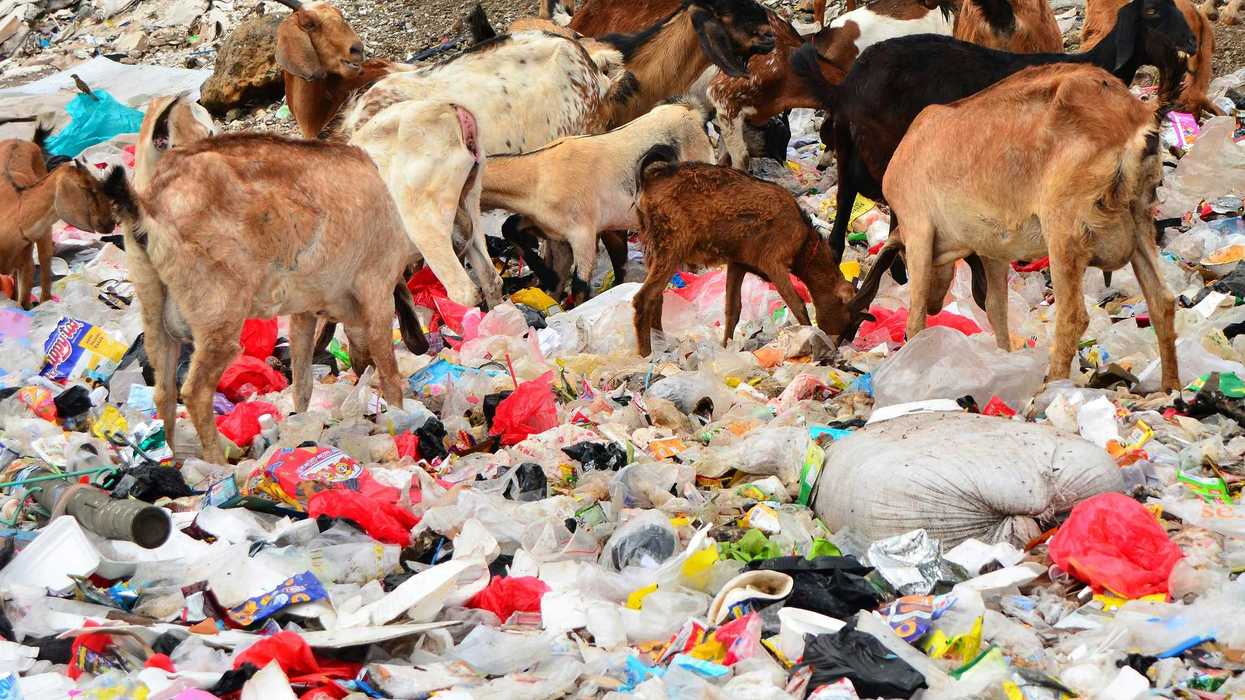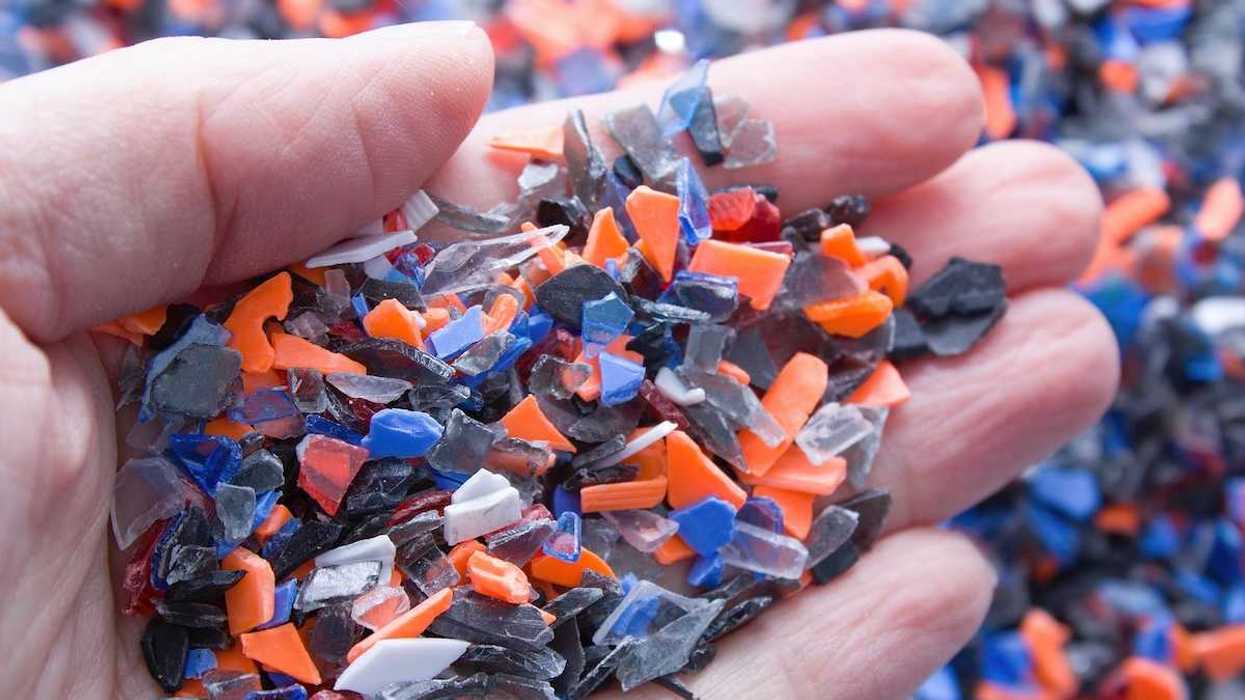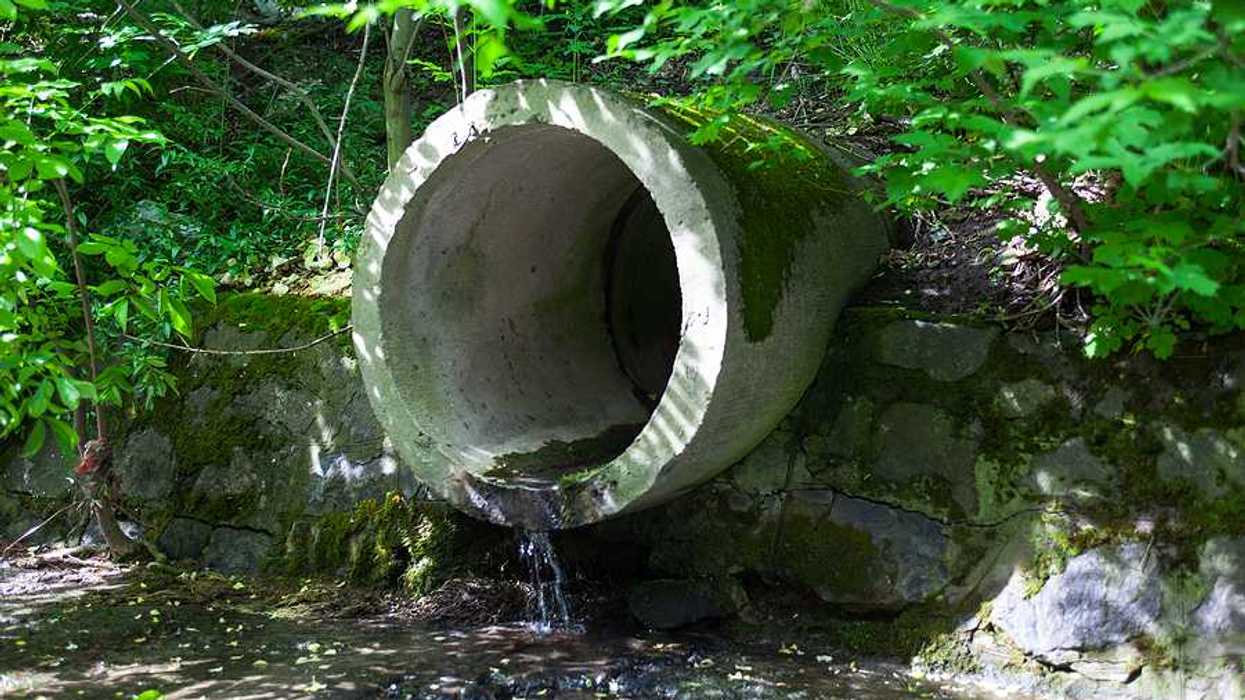Floating fish farms could soon occupy parts of the Gulf of Mexico under a revived plan supported by the Trump administration, sparking debate over aquaculture’s environmental impact.
Tristan Baurick reports for Grist.
In short:
- NOAA has identified five potential aquaculture zones in the Gulf, aiming to balance industry needs with marine ecosystem concerns.
- Critics worry these farms will worsen the Gulf’s "dead zone," threaten wild fish populations and suffer damage from violent storms.
- Proponents argue offshore aquaculture is necessary to meet growing seafood demand as wild fish stocks decline.
Key quote:
“We have warmer waters and all of the difficulties our fisheries are having because of climate change, but none of that supports an argument for factory fish farms. If we care about climate change, we shouldn’t have them in our oceans.”
— Marianne Cufone, executive director of the Recirculating Farms Coalition
Why this matters:
Aquaculture could ease pressure on wild fisheries and reduce seafood imports, but it risks harming marine ecosystems and exacerbating pollution. With climate change already impacting fisheries, balancing food production and environmental health is critical.
Related: Farm to Trouble series: Farming practices contribute to persistent Gulf of Mexico "dead zone"


